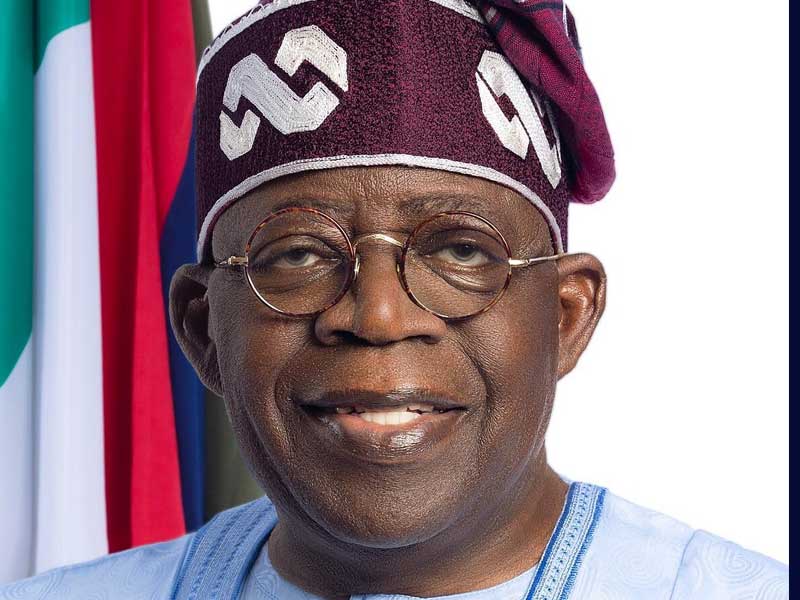News
FG Prioritizes Debt Servicing Over Capital Expenditures in 2025–2027 Budget

The Federal Government plans to allocate a substantial portion of its budget to debt servicing from 2025 to 2027, surpassing allocations for capital expenditures.
According to the recently approved 2025–2027 Medium-Term Expenditure Framework and Fiscal Strategy Paper (MTEF/FSP), debt servicing costs are projected to total N50.39 trillion over the three-year period, exceeding the N48.93 trillion planned for capital expenditures.
The cost of debt servicing is expected to increase by 26.7%, from N15.38 trillion in 2025 to N19.49 trillion in 2027, raising concerns about fiscal sustainability. For perspective, the Federal Government spent N8.56 trillion on debt servicing in 2023, meaning the 2027 figure reflects a sharp increase of 127.7% in four years.
Related News:
- New leadership emerges: NUAAE elects Com. Obafemi Oyenubi as National President
- Stakeholders Praise FG’s Digital Economy and E-Governance Bill
Debt Servicing Overshadows Capital Spending
Between 2025 and 2027, debt servicing is projected to consume 34.06% of total annual expenditure, while capital expenditures will see minimal growth, increasing by just 0.18% from N16.48 trillion in 2025 to N16.51 trillion in 2027.
A breakdown reveals that:
In 2025, capital expenditure will represent 34.44% of the total budget, slightly above the 32.11% allocated to debt servicing.
By 2027, debt servicing will rise to 37.2% of total expenditure, while capital investments will drop to 31.51%.
This growing disparity highlights the rapid increase in debt servicing costs alongside stagnating capital investments, which could exacerbate Nigeria

Pingback: FG Taps Three US Lenders for $2.2bn Eurobonds – The Abuja Post